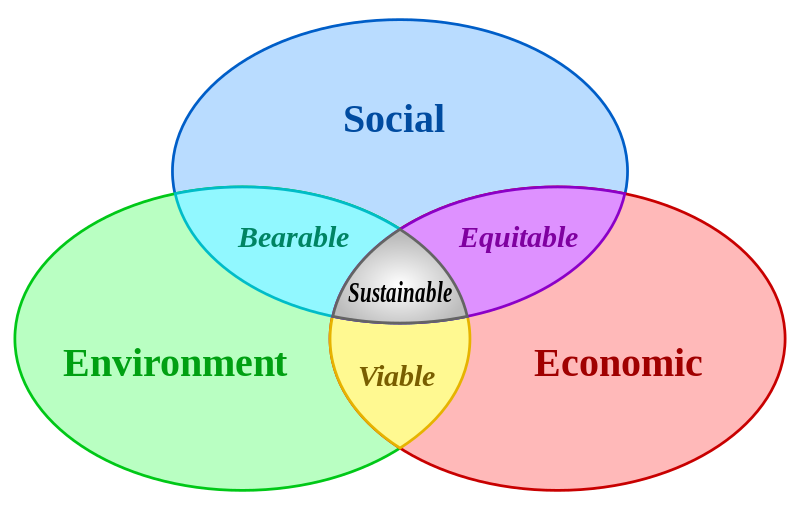Deloitte Study Reveals Link Between Cybersecurity Maturity and Leadership Confidence

In a rapidly evolving technological landscape, a recent survey by Deloitte Global has illuminated the intricate relationship between cybersecurity maturity and decision-making confidence among C-suite executives and board members. Conducted in mid-2024, the fourth Global Future of Cyber survey included insights from nearly 1,200 cyber decision-makers across 43 countries and six distinct industries, aiming to explore how organizations are integrating cybersecurity into their overall business strategies.
The findings indicate that organizations prioritizing cybersecurity as a fundamental business issue exhibit significantly higher confidence levels in their leadership. Specifically, 52% of respondents overall expressed being 'very confident' in their leaders' capabilities to navigate cybersecurity challenges. This figure skyrockets to 82% among organizations classified as having 'high-cyber-maturity', where cybersecurity strategies are deeply embedded in strategic planning and technology investments. This represents a striking 30 percentage point increase compared to organizations with moderate maturity and over a 40 percentage point increase compared to those with low maturity levels.
Diana Kearns-Manolatos, Senior Manager at Deloitte Services LP, highlighted the vital role that Chief Information Security Officers (CISOs) and other cybersecurity leaders play in shaping business initiatives. 'In high-cyber-maturity organizations, cybersecurity leaders are increasingly consulted as experts to guide investments in cloud technologies, AI-driven projects, and overall digital transformation efforts,' Kearns-Manolatos stated in a recent interview. This strategic involvement positions them as integral players in ensuring that cybersecurity measures align with broader business objectives.
Moreover, the survey identified that organizations with a high level of cybersecurity maturity are more proactive in identifying and mitigating risks associated with generative AI technologies. Approximately 80% of leaders in these organizations reported being vigilant about potential threats, including issues related to the lack of explainability in AI outputs, the integrity of information influenced by AI algorithms, and challenges in managing AI-human collaborations. These insights underscore a crucial transition as organizations increasingly rely on AI technologies, necessitating a robust cybersecurity framework to safeguard against emergent threats.
As organizations expand their digital ecosystems through automation and data sharing with external partners, the complexity of their cybersecurity challenges escalates. The ability to stay ahead of potential risks is becoming a hallmark of cyber-mature organizations. 'Fostering strong cybersecurity connections not only enhances collaboration and information-sharing but also empowers leaders to make informed strategic decisions that align with overall business objectives,' Kearns-Manolatos commented.
The implications of these findings underline the necessity for businesses to prioritize cybersecurity as an integral component of their strategic planning. According to the report, organizations that cultivate strong cybersecurity practices are better positioned to protect their assets and reputation in an increasingly interconnected digital world. As the landscape of cybersecurity continues to evolve, the synergy between technological advancements and effective leadership will be instrumental in navigating future challenges.
In conclusion, this Deloitte study emphasizes the critical importance of cybersecurity maturity in fostering leadership confidence, ultimately shaping the strategic direction of businesses. The evolving threat landscape demands that organizations not only invest in advanced technological solutions but also embed cybersecurity measures into the very fabric of their corporate governance. As the dialogue around cybersecurity continues to deepen, the role of CISOs and cybersecurity leaders will likely expand further, reinforcing their status as vital contributors to organizational success in the digital age.
Advertisement
Tags
Advertisement





